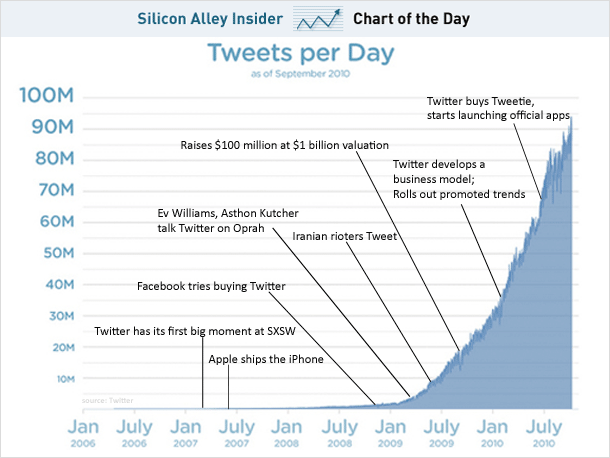Nick Cohen has a terrific column in today’s Observer about the ludicrous persecution of Paul Chambers for a silly Tweet.
The 27-year-old worked for a car parts company in Yorkshire. He and a woman from Northern Ireland started to follow each other on Twitter. He liked her tweets and she liked his and boy met girl in a London pub. They got on as well in person as they did in cyberspace. To the delight of their followers, Paul announced he would be flying from Robin Hood airport in Doncaster to Northern Ireland to meet her for a date.
In January, he saw a newsflash that snow had closed the airport. “Crap! Robin Hood Airport is closed,” he tweeted to his friends. “You’ve got a week… otherwise I’m blowing the airport sky high!”
People joke like this all the time. When they say in a bar: “I’ll strangle my boyfriend if he hasn’t done the washing up” or post on Facebook: “I’ll murder my boss if he makes me work late”, it does not mean that the bodies of boyfriends and bosses will soon be filling morgues.
You know the difference between making a joke and announcing a murder, I’m sure. Apparently the forces of law and order do not.
A plain-clothes detective from South Yorkshire Police arrived at Chambers’s work. Instead of quietly pointing out that it was best not to joke about blowing up airports, he arrested him under antiterrorist legislation. A posse of four more antiterrorist officers was waiting in reception.
“Do you have any weapons in your car?” they asked.
“I said I had some golf clubs in the boot,” Chambers told me.”But they didn’t think it was funny. I kept wondering, ‘When are they going to slap my wrists and let me go?’ Instead, they hauled me into a police car while my colleagues watched.”
The Crown Prosecution Service wanted to charge him under the law’s provisions against bomb hoaxers, a serious measure aimed at a serious public nuisance. But there had been no hoax. Paul Chambers had not caused a panic at the airport or intended to cause a panic. No one in authority knew about the tweet until some busybody decided to report Chambers.
Instead of displaying a little common sense and letting the matter rest, the CPS dug up an obscure section of the 2003 Communications Act, which makes it an offence to send a “menacing message” over a public telecommunications network.
It goes on — and gets worse, to the point where one really is reminded of Kafka. Chambers pleaded ‘not guilty’, but the CPS persuaded the judge that in the context of terrorist violence his tweet should be taken as a genuine threat, whether he was joking or not and whether the airport knew about the “threat” or not.
Chambers was given a criminal record and ordered to pay £1,000 in costs and fines. His employer then fired him. He decided to appeal against his conviction, moved to Northern Ireland to be near his girlfriend, and got another job. His Appeal is due to be heard next Friday, so he warned his new employer that his name would be in the papers and explained why. He was then duly sacked again.
The crazed authoritarianism that lies behind this case is one of the enduring legacies of New Labour, and it is one of the reasons that some of us were glad to see them lose the election. As Nick Cohen says:
The hounding of Paul Chambers stinks of Labour authoritarianism. The prosecuting authorities showed no respect for free speech. They could not take a joke. They carried on prosecuting Chambers even when they knew he was harmless. They turned a trifle into a crime because a conviction helped them hit performance targets. Inside their bureaucratic hierarchies, it was dangerous to speak out against a superior’s stupidity. Better to let an injustice take place than risk a black mark against your name.
If the court condemns the CPS, I can guarantee that Keir Starmer, the director of public prosecutions, will not fire or discipline the prosecutors involved. I doubt if he will even tell them they have undermined support for the anti-terrorist cause.
I don’t care what the polls say or how unpopular the coalition becomes – Labour must change the settled view of the majority of Britons that it is the party of politically correct jobsworths or it will never win another election.
Yep.



